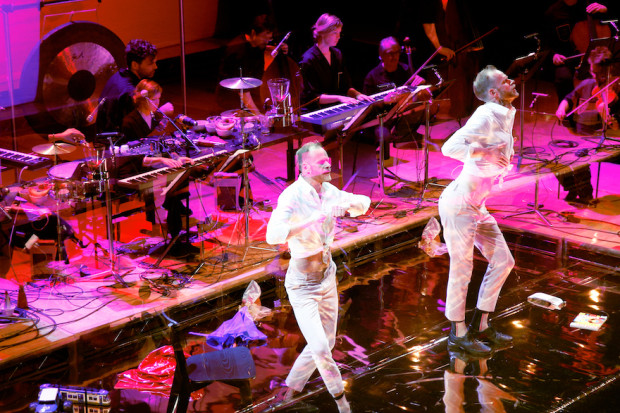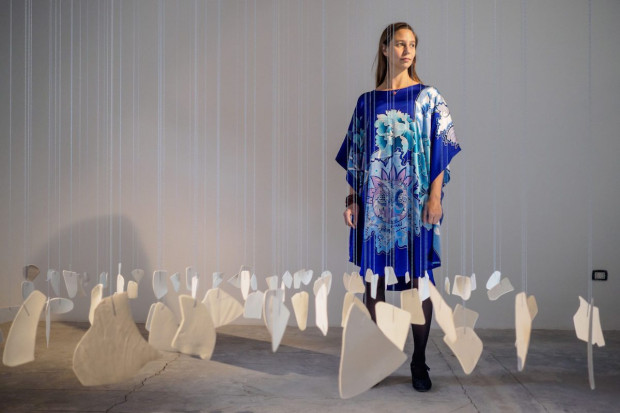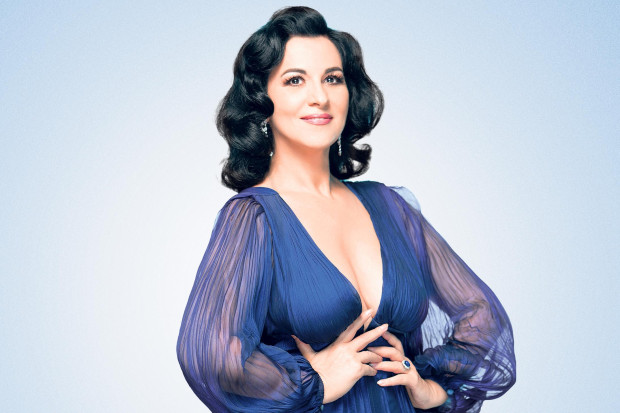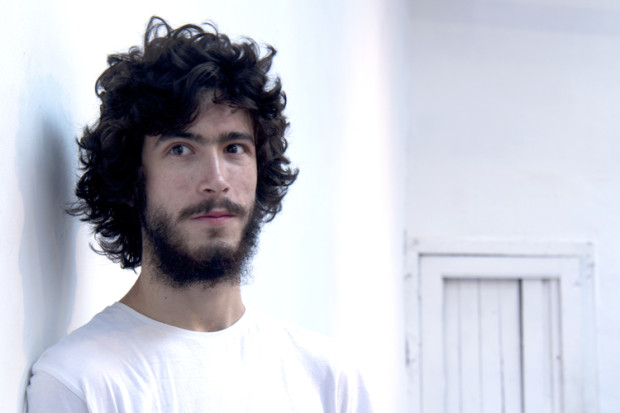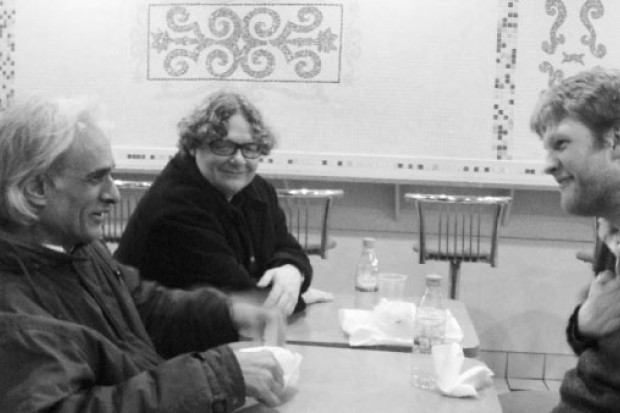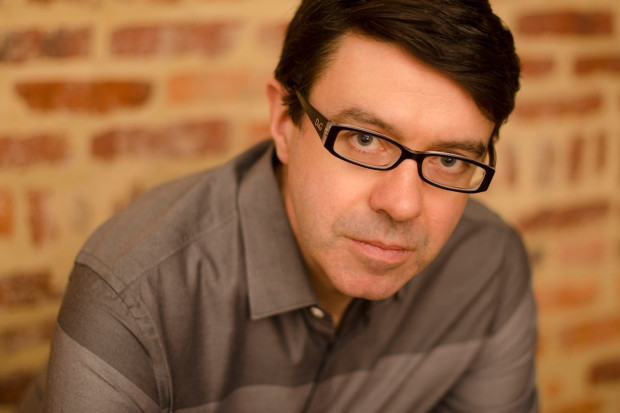
Live Review: Stephen Garner's Hallelujah
RTÉ National Symphony orchestra, Gerhard Markson (conductor)
NCH, Dublin, 31 October 2008
Stephen Gardner is fifty this year, which is an anniversary worth celebrating, and RTÉ sensibly commissioned a substantial orchestral work to mark the occasion. To my mind Gardner has always been most at home in this medium – it seems to suit the breadth of his conceptions, his liking for big volumes of colour and sound, for density. He is one of those composers, like Birtwistle, who in a sense seems to have been writing one continuous piece for many years. I don’t mean that all his works sound the same – not at all – but rather that there is a recognisability about some of the gestures, about how pieces are structured, which makes them feel part of the same family. What is admirable, among many things in his music, is that within this ‘restriction’ Gardner manages to make so much new each time.
This latest RTÉ commission, Hallelujah, was premiered under Gerhard Markson, as safe a pair of hands as you could want for the first performance of a massive new work – twenty-three minutes long, requiring a huge orchestra – and I don’t think the composer could have wished for a better first performance. He’d hardly thank me for saying this, but Gardner is a Romantic, inasmuch as he seems to be a believer in the communicative power of music, that ideas and passions are worth trying to express in one’s art. This is a refreshing attitude in the present compositional climate where a number of his colleagues, particularly of the younger generation, seem to have embraced enthusiastically (and with equal validity, of course) John Cage’s dictum ‘I have nothing to say and I’m saying it’. Nothing so abstract for Gardner, who is no stranger to including a political (small ‘p’) element in his work on occasion, sometimes hidden, sometimes more overt. Even if you didn’t know that the programme note for Hallelujah makes clear Gardner’s disgust with the notion that the Iraq war is justified in ‘the name of God’, a strong sense of outrage is tangible throughout the work.
This could well be one of the composer’s finest creations – some familiar gestures are corralled into the service of a very taut structure and an overarching concept which is unrelenting in its control of tension. The opening is typical Gardner: low, quiet, revolving string patterns, beautifully introduced by a sustained E with a repeating harp ping, like some distant alarm going off. A careful build-up introduces an elegiac cor anglais solo and the ensuing substance of the first part could be an ‘Unanswered Question’ for the twenty-first century in the way ideas are passed between groups of instruments. After that, the music enters a volatile phase, with braying brass and frequent explosions in the percussion; the strings, too, provide much of the energy, moving from swirling vortices to much more rhythmic passages. One of Gardner’s manic, hocketing sections – mainly in the brass – enters towards the end, but this is not the final assault, only a precursor to it; I was struck by how seamlessly everything moves from point to point through the work, the stress points coming in waves as the music progresses. Ultimately, the opening E returns after the orchestra has (nearly) spent itself, though it still has enough energy left for a few more batterings, not allowing that flat-line E to spread it’s calm for more than a few seconds.
Published on 1 January 2009
Ian Wilson is a composer












